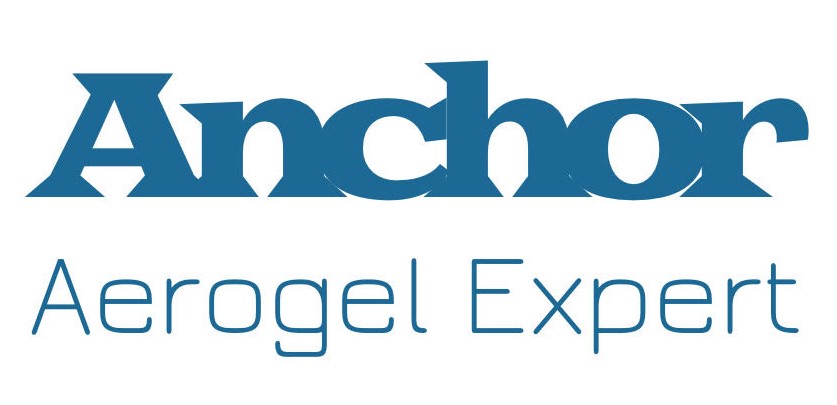Application of Aerogel in Power Battery of Electric Vehicles
With the popularization of new energy electric vehicles, new energy vehicle enterprises are increasingly adopting aerogel insulation felt, a super thermal insulation and fire-resistant material, as the safety protection material for the power battery. The demand for aerogel insulation felt is also growing.
Reasons for the Combustion of New Energy Electric Vehicles:
The power battery of new energy vehicles is arranged at the bottom of the vehicle in a specific way, securely protected by a metal shell. Due to the characteristics of the power battery, incidents of combustion can occur in cases of overcharging, short circuits, or malfunctions in the battery management system. While many drivers associate vehicle combustion incidents with hot summer weather, it can also occur due to circuit faults or fuel-related issues, even during dry winter climates, leading to the generation of static electricity or sparks. Most new energy vehicle combustion incidents originate from the power battery location, where there are many plastic components. Any aging, cracking, or poor contact in the vehicle’s wiring can result in short circuits, leakage, or sparks, leading to vehicle combustion.

Aerogel Felt as a Fire-resistant Material for Power Batteries:
In high-temperature conditions, without an appropriate heat dissipation solution, there will be significant temperature differences between the battery modules inside the battery pack. This can affect the performance of adjacent battery modules, with the most severe consequence being “thermal runaway” caused by overcharging, leading to electric vehicle fires or explosions. The AG50 aerogel ultra-thin felt developed by Anchor-Tech possesses Class A fire resistance. In the event of a fire due to “thermal runaway” in new energy vehicles, it provides effective heat protection, allowing passengers more time to escape or extinguish the fire and thereby reducing losses. Additionally, AG50 aerogel felt complies with RoHS testing standards and does not produce toxic or harmful gases under high-temperature conditions. Therefore, Anchor-Tech AG50 ultra-thin felt can offer excellent thermal management for new energy power batteries.

Aerogel as an Insulation Material for Power Batteries in Low-Temperature Environments:
In low-temperature environments, the range of electric vehicles is significantly reduced, with some losing more than half of their mileage. Charging batteries in freezing temperatures becomes a challenging task. If the temperature drops below zero degrees Celsius, the travel range of electric vehicles may even decrease by 30%. Anchor-Tech AG50 aerogel insulation felt, with its low thermal conductivity, excellent insulation performance, Class A fire resistance, thin thickness, lightweight, and ease of use, effectively addresses the issue of excessively low temperatures in new energy vehicle battery packs. AG50 aerogel insulation felt can withstand a 60-minute flame penetration test, complies with RoHS testing standards, and does not produce toxic or harmful gases under high-temperature conditions. With only 1/5 to 1/3 the thickness of traditional materials, it achieves the same insulation effect, saving valuable space in limited battery packs. Moreover, its insulation performance at the same thickness is more durable than traditional materials, effectively solving the problem of decreased battery pack range in cold winter conditions, improving energy utilization efficiency, and extending the lifespan of the battery pack.


